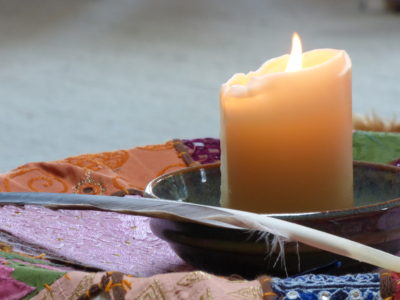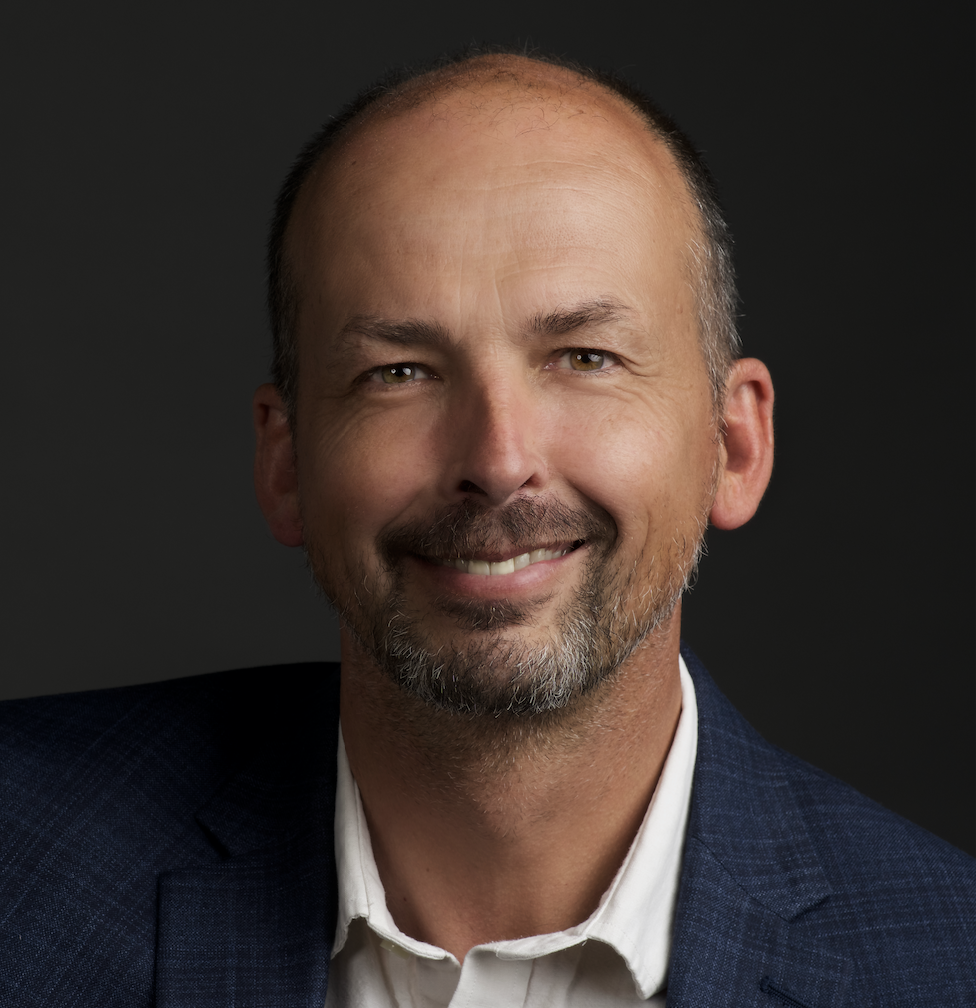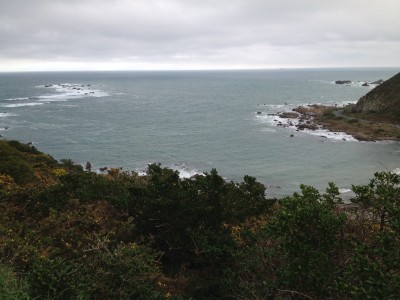
Yesterday was a full, full day. Six phone calls / meetings that were an hour long. I started at 7:00 a.m. with necessary preparation (after returning the evening before from a holiday weekend with my son — it was a transition that required some compulsion). I finished just before 8:00 p.m. What space there was in between was largely about todos resulting from calls, or prepping for the next call, or tabling (literally) some of what could wait for later in the week. They were all good calls. With good people. And satisfying. Just full.
It was my last call of the day, with Kinde Nebeker, when I realized how much of an aversion I have to rushing, which is a lot of what I felt I was doing during that full day. Kinde has become a good friend. She’s got a deep soul that calls out more of the deep soul in me. We make sure that we have a good check-in and a deliberate check-out. In the middle was lots of good imagining for the upcoming series that we are hosting, The Inner and Outer of Evolutionary Leadership: Knowing Our Nature. We both got excited about this. It builds on what we hosted previously in the Spring.
It was in our check-out that I realized something. I shared with Kinde that I was feeling the rush of things. All of those meetings. All of those todos. A growing list that is big enough that I need some luck and some real patience to get it all done. I discovered it, aha style, as I was saying it out loud to Kinde. “I don’t like to rush. I’m not at that stage of life. Depth matters more to me. But I do enjoy the buzz of getting things done. It’s just that I don’t want to feel rushed in here, on the inside,” I said, gesturing towards my torso and belly. “I don’t want to feel ungrounded here, or unpresent here.” I suppose I shouldn’t be surprised. Kinde and I were talking about presence. It is a big part of the series we are offering together.
Well, I know that many people I work with feel a similar rushed and hurried pressure. A hurry. A worry. A fear. A juggling of a deadline. An enslavement to a schedule that is not their creation. An obligation to organizational patterns and habits that haven’t been interrupted or challenged in weeks, months, or even years. “Why are we doing it that way? — Because that’s the way we’ve always done it (and we don’t have time to rethink how we are doing it).” Argh! That’s rough isn’t it. The battle grounds that are institutional and organizational life require coping with this reality in very brave ways. We share our busyness, and our ungroundedness — the rushed on the inside parts — like they are battle scars that we are proud of. And then we move on, finishing that last sip of coffee, back to the battle. I bet you’ve seen some of this, right. Sigh.
What if, we created more room for the calming and presencing on the inside? More of the inner work that so changes the outer work. More of the presencing that makes a big difference in the outer convening. I think it is what many of us are doing. And what many of us, institutionally need to do — I meet people everywhere desperate for depth and meaning.
Not so rushed on the inside.

